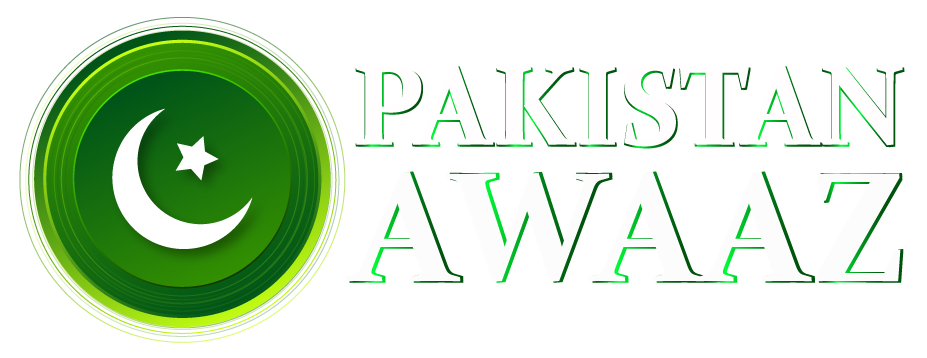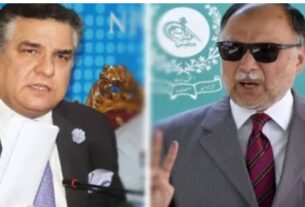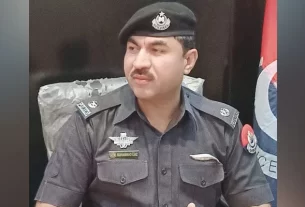First local elections in India-controlled Kashmir have been held in a historic move since the region’s special status was controversially abolished by the Indian government in August 2019.
1. Kashmir
Kashmir’s municipal vote in 2023 will be an important turning point in the political development of the area. These are the first elections held since india held Kashmir’s special partially autonomous status, as guaranteed by Article 370 of the Indian Constitution, was canceled by the Indian government, headed by Prime Minister Narendra Modi. Protests against this move were widespread, both internationally and in Kashmir. With political tensions and increased security around the elections, this is a crucial chance to learn about the current condition of local government and popular opinion in the area.
2 Status 2019
1. Article 370
Under the direction of Prime Minister Narendra Modi, the Indian government repealed Article 370 in August 2019, giving Jammu and Kashmir a great deal of autonomy. Following this decision, which signaled a dramatic change in the region’s government, there was a strong military presence, a large-scale arrest program, and a total shutdown of communications. Although the administration presented the action as a step toward fully integrating Kashmir into India, it was met with significant criticism and turmoil.
b. Revocation
Article 370’s repeal had immediate and significant effects. Due to the acts of the Indian government, there were widespread detentions and a protracted internet blackout, which severely restricted civil freedoms. The administration defended these actions by claiming they were required to protect security and order, but their effects on human rights and democratic freedoms drew harsh criticism from both domestic and foreign quarters.
3. SecurityVoting
1. The Election
Kashmir’s municipal elections in 2023 will take place in three stages because of the region’s complicated topography and lingering security issues. Over 500,000 Indian troops stationed in a conflict-prone area to supervise the polls and handle polling logistics. The ongoing hostilities and the difficulties of holding an election in such a dangerous climate are reflected in the strong security presence.
2 . Responses Voters
After years of central control, many Kashmiris see these elections as an opportunity to restore their democratic rights. Locals like Pulwama resident Navid Para, 31, have made it clear that they want to see more representation from their community. The electorate clearly eager to be involved in determining their government, despite the political climate and security issues.
3: Modi’s Request
Narendra Modi, the prime minister, has actively pushed india held Kashmiris held to vote, portraying the elections as a celebration of democracy. The elections seen by the Modi administration as a means of bolstering democratic institutions and further integrating Kashmir into the Indian state. Nonetheless, detractors contend that many facets of administration still exist and that the elections are only a limited exercise in autonomy.
4. Political Reactions
1. National and internaltional Responses
The elections in india held Kashmir have drawn considerable attention from the international community, with responses ranging from evaluations of India’s policy changes’ effects on regional stability to worries about human rights. There has been a mixture of cautious optimism and cynicism in the country over the elections. Opponents contend that although local participation made possible by the elections, the possibility of significant change constrained by the central government’s continuous authority over important facets of governance.
2.Economic
The region’s economic and social concerns are among the important issues that brought up during the election campaign. At 18.3% The india held Kashmir have drawn considerable attention from the international community,, Kashmir held has a high unemployment rate that is more than twice as high as the national average. Opponents contend that these economic concerns not sufficiently addressed by central government initiatives. Furthermore, significant contracts for resource extraction and construction have gone to businesses outside the area, making the local economy’s problems worse.
3.Govertment
Limitations on Individual Concerns of limitations on civil freedoms pervasive ever since The elections in Kashmir have drawn considerable attention from the international community, Kashmir’s special status revoked. The Bharatiya Janata Party (BJP) has come under fire for supporting independent candidates in Muslim-majority areas and fielding candidates exclusively in Hindu-majority areas, which some see as a ploy to split the vote and weaken location against .
4. Local govertment
The outcomes of the elections will offer crucial information on how Kashmir’s local government will develop going forward. Although the elections provide a chance for local representation, the degree of actual change is yet unknown due to the central government’s dominance over important areas of governance. The local assembly’s future efficacy will hinge on its capacity to tackle the economic and social issues facing the area while adhering to the limitations imposed by New Delhi.
5 . Elections
To comprehend the shifts in Kashmir’s political environment, it is useful to compare the results of the most recent election to those of previous years. 2014 saw the last municipal elections before Article 370 revoked. Significant political and social changes, including as increased security measures and limitations on civil liberties, have since occurred in the region. This analogy emphasizes how Kashmiri administration is changing and puts the recent elections into perspective.
6. Political kashmir
The local elections in Kashmir, which is part of India, in 2023 will mark a pivotal moment in the political history of the area. The impact of these elections influenced by the larger backdrop of central government control ongoing economic and social issues, even though they provide an opportunity for local representation and democratic involvement.
Also Read: Mahira Khan Ask Fans for ‘Choti Si Dua’ on Husband’s Birthday
Kashmiris voted votes where in 2024?
On Wednesday, September 18, 2024, in Marval, which is under Indian rule and south of Srinagar, Kashmiris line up at a polling place to cast their ballots. (Dar Yasin/AP Photo) On Wednesday, September 18, 2024, in Kishtwar, India, a woman casts her ballot during the first phase of the Jammu and Kashmir assembly election.
How many times has Jammu and Kashmir had general elections?
Twelve Indian Lok Sabha general elections have had participation from the state of Jammu and Kashmir.In 1967, Jammu & Kashmir sent its first elected representatives to the Lok Sabha. Because to the violence in the area, Jammu and Kashmir did not hold elections in 1990.
Who is in charge of Jammu & Kashmir elections?
The Election Commission of India empowered by the Indian Constitution to supervise the creation of electoral roles and coordinate elections for the Legislative Assembly and Legislative Council in Jammu and Kashmir. The state underwent delimitation in 1963, 1973, and 1995.
Why are the elections in Kashmir held so contentious?
Kashmiri elections have always been divisive; locals and separatist leaders frequently abstain from them, seeing them as a ploy by Delhi to legitimize its rule. Kashmir has had twelve assembly elections since 1947, although the voting process has frequently been violent and poor turnout.




